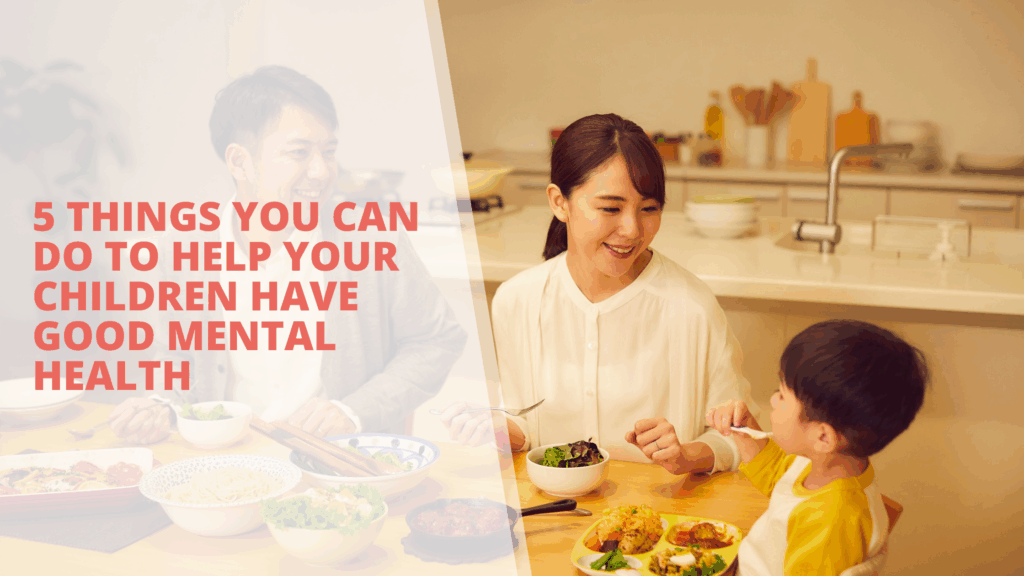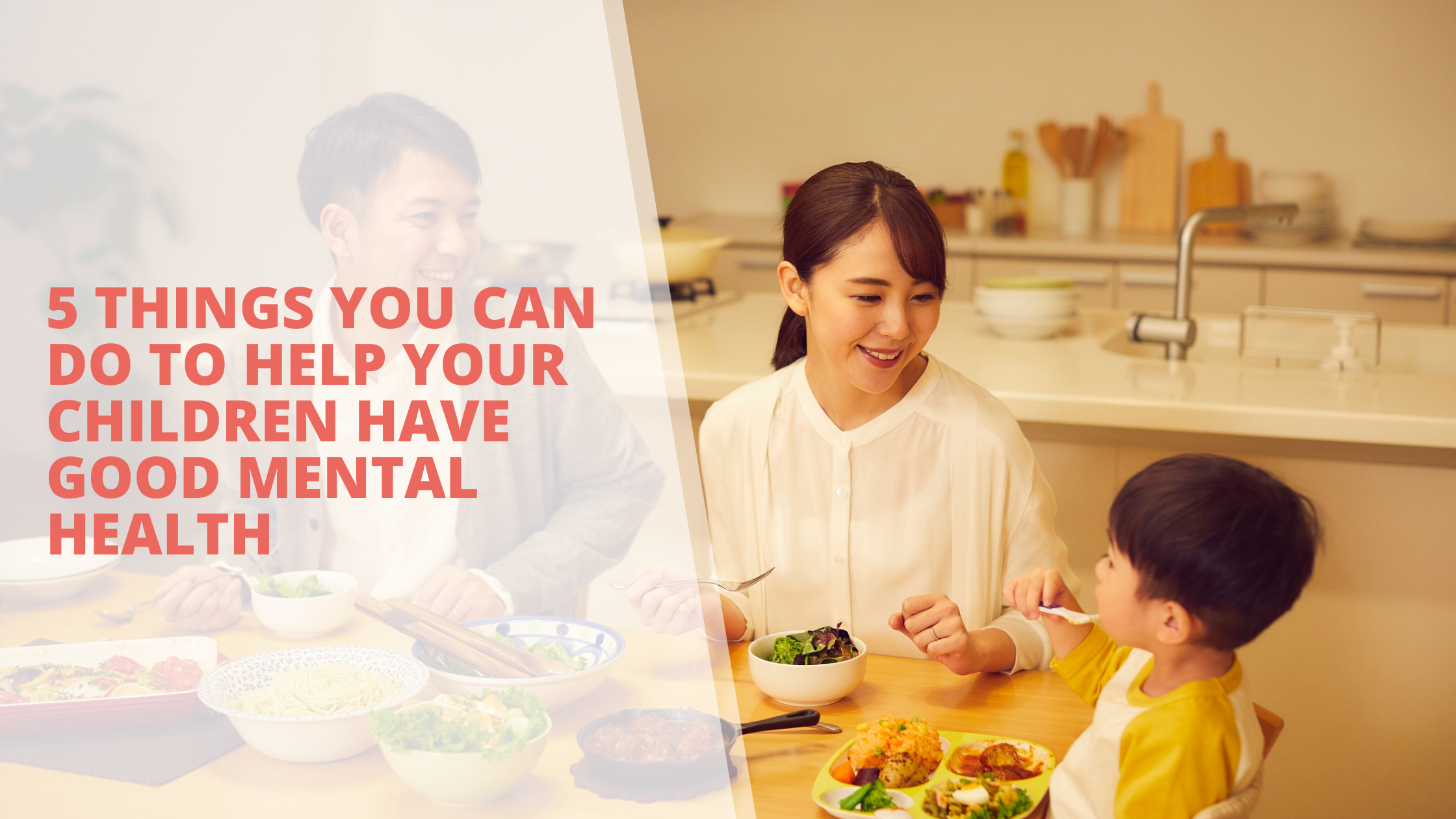
It starts with everyday connection
Last week, the world came together to mark World Mental Health Day (October 10). But while the day is important, mental health isn’t a once-a-year event, it’s an ongoing conversation.
Mental health isn’t something we talk about once a year it’s a conversation that needs to happen daily, especially around our tables.
At The Table Talk Project, we see it every week: when families make space to talk, laugh, and listen, children feel safe to share what’s really going on. And that simple act can transform their mental wellbeing.
According to the Australian Institute of Health and Welfare, 1 in 7 children aged 4–17 experience a mental disorder each year. Yet research also shows that regular family meals are linked to better self-esteem, lower depression, and stronger relationships.
So let’s look at five ways you can strengthen your child’s mental health; one meal, one moment, one conversation at a time.
1. Build connection from the start (ages 0–3)
Good mental health begins with feeling safe and loved. In the earliest years, children learn trust through responsive care.
Try this:
- Keep meal and bedtime routines predictable – consistency calms the nervous system.
- Eat together when you can, even if it’s just toast and fruit. Let your baby sit at the table and be part of family moments.
- Use gentle eye contact, smiles, and tone; your calm energy is contagious.
- Name emotions early: “You’re sad because your block fell. Let’s build it again.”
Table Talk Tip: Even toddlers can join in small talk at the table – describe colours, tastes, and feelings to help them connect words with emotions.
2. Help them name and manage feelings (ages 3–6)
Preschoolers are little emotion-explorers. They need language, guidance, and space to feel.
Try this:
- During dinner, ask “What made you smile today?” or “What made you cross?”
- Create simple rituals like sharing “roses and thorns”— something good and something tricky from the day.
- Praise effort (“You kept trying!”) more than outcome (“You’re so smart!”).
- Try no screens during meals – focus on faces instead of phones.
Table Talk Tip: In Back at the Table, Main questions like “What’s your favourite part of today?” are perfect for little voices.
3. Keep communication open (ages 6–12)
This is when friendships, self-esteem, and school pressures kick in. Consistent communication becomes your greatest protective factor.
Try this:
- Ask open questions, not “yes/no” ones: “What was the funniest thing at school today?”
- Encourage problem-solving instead of jumping in with answers.
- Watch for changes in mood or sleep – kids often show stress before they can describe it.
- Keep family meals a safe space: no criticism, no lectures, just connection.
Table Talk Tip: Try a “Main Course” question like “What makes a good friend?” or “What helps you feel calm when you’re worried?”
4. Stay connected through the teenage years (ages 12–18)
Teenagers need you more than they let on. They’re navigating identity, pressure, and independence; all while their brains are still under construction.
Try this:
- Keep showing up. Even if they roll their eyes, consistency means safety.
- Use mealtimes as gentle check-ins. Teens talk more when it doesn’t feel like an interrogation.
- Listen before you fix.
- Talk openly about mental health and normalise seeking help.
- Model what healthy stress management looks like: deep breaths, time out, humour, asking for help.
Table Talk Tip: Main questions such as “What’s something you’re proud of this week?” or “Who do you turn to when life gets tough?” help teens reflect and open up safely.
5. Look after your own mental health
You can’t help your children feel steady if your world feels shaky. Children notice how we handle stress —and they learn from it.
Try this:
- Practise small daily self-care moments: a walk, deep breaths, a chat with a friend.
- Let your kids see you take breaks and manage feelings in healthy ways.
- Talk about your emotions —“I’m feeling tired, so I’m going to rest.”
- If things feel heavy, reach out. Support for you is support for them.
Table Talk Tip: At dinner, share something you did to look after your own wellbeing today — it models healthy habits.
Keep the conversation going
World Mental Health Day might come once a year, but your family table can be a daily place for prevention and connection.
When we slow down, eat together, and talk, we’re not just feeding bodies — we’re strengthening minds and hearts.
So tonight, light a candle, put the phones aside, and ask one question from Back at the Table.
Because sometimes the best way to support your children’s mental health…
is simply to sit, listen, and share a meal together.
Share about your mealtime experience and ill feature it in our E-News. Contact admin@thetabletalkproject.org

